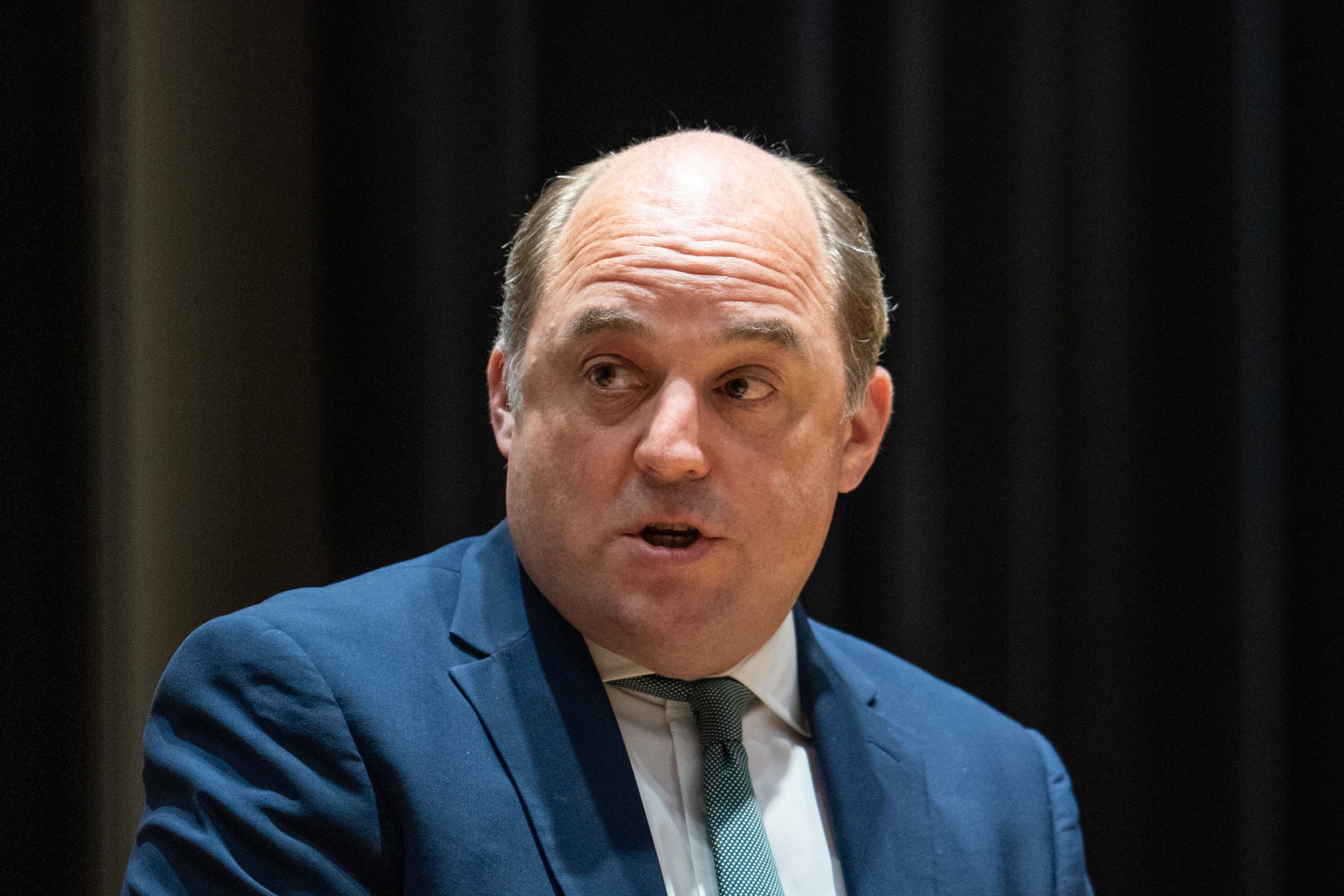Re-appointed Wallace has said military spending must rise
The Defence Secretary said he will work with the PM to deliver a ‘safe and prosperous’ UK.

Defence Secretary Ben Wallace has been adamant that spending on Britain’s armed forces must rise in the face of the growing threat from countries like Russia and China.
Mr Wallace, who retains his position in Rishi Sunak’s new administration, successfully secured commitments to increase the defence budget under both Boris Johnson and Liz Truss.
Mr Johnson initially agreed to raise it to 2.5% of national income by the end of the decade – compared to the Nato minimum of 2% – a commitment Ms Truss subsequently lifted to 3%.
However it was not immediately clear whether it would survive under the new administration as Mr Sunak and Chancellor Jeremy Hunt look to balance the books.
Earlier this month Mr Wallace’s deputy, the Armed Forces Minister James Heappey, said they both believed the pledge “must be delivered” – and that he (Mr Heappey) would regard it as a resigning matter if it was not.
A defence source said that Mr Wallace considered it to be a “priority” and not a discretionary spend.
Following his reappointment, he tweeted: “It is a privilege to have the opportunity to lead Defence again.
“I am very grateful to the new Prime Minister for appointing me, and I look forward to working with Rishi Sunak to deliver a safe and prosperous United Kingdom.”
While Mr Wallace has been a longstanding ally of Mr Johnson, he has largely steered clear of the faction fighting within the Tory Party, concentrating on his ministerial brief.
He has won plaudits for his response to the Ukraine war, leading international efforts to arm the government in Kyiv, and some Tory MPs would have liked him to run for leader himself but he has shown no inclination to do so.
Elsewhere, Tory MP Andrew Mitchell was appointed as Development Minister in the Foreign Office.
The appointment will be seen as significant given that Mr Mitchell, a former international development secretary, was a key voice in a backbench revolt that opposed the move by Mr Sunak as chancellor to cut the foreign aid budget from 0.7% to 0.5% of GDP.
Bookmark popover
Removed from bookmarks